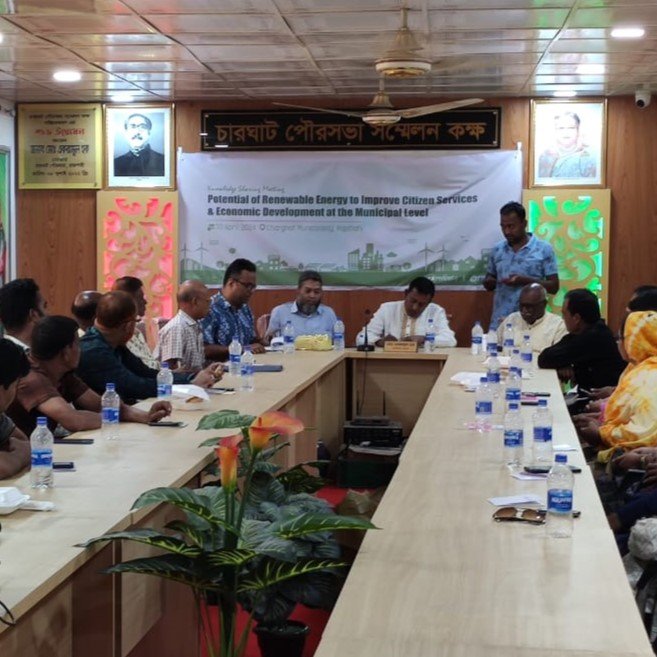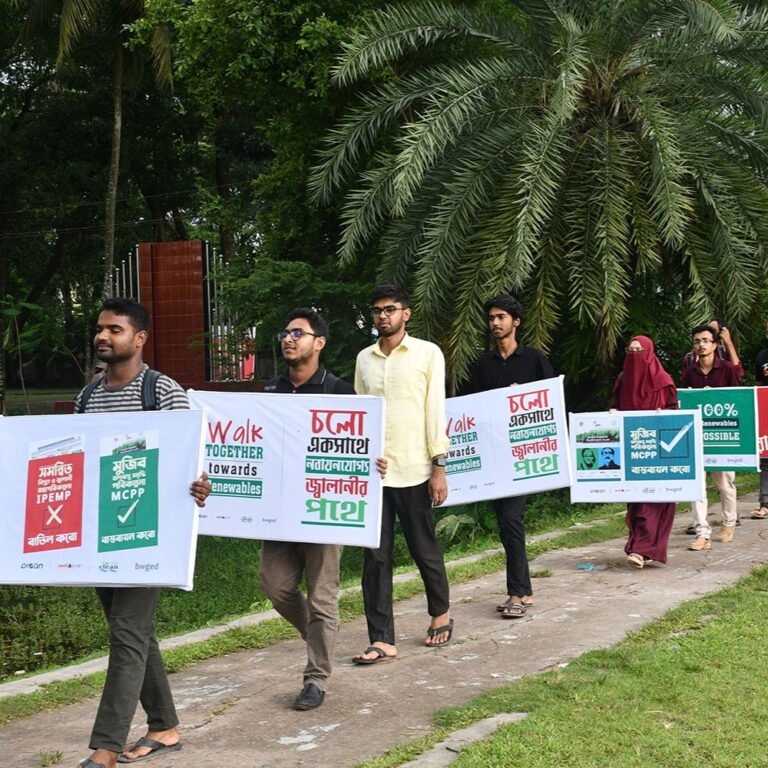The economy of Bangladesh is moving forward depending on agriculture, readymade garments, and remittances. Despite the declining contribution of agriculture to GDP compared to other sectors, the contribution of agriculture to food security, employment, and economic growth is still the highest in Bangladesh. Despite the remarkable increase in the size of the National Budget every year and the widespread dependency of a huge proportion of the population indirectly and indirectly on agriculture, the allocation for agriculture in the National budget is gradually declining.
Domestic agricultural production needs to be increased to recover the economy negatively impacted by the pandemic as well as to cope with the effects of the war in Ukraine resulting in inflation and price hike. At the same time, measures need to be taken to provide direct incentives to small-scale farmers and female peasants, the main suppliers of food demand. Local farmers and concerned people have demanded increasing the allocation in the national budget for agriculture and giving policy protection for this. The speakers demanded small farmers friendly agriculture budget at a seminar ‘The agricultural budget we do want [কেমন কৃষি বাজেট চাই]’ organized by Participatory Research & Action Network- PRAAN on Sunday, May 29, 2022, held in the FPAB Hall room, Maijdee.
Speakers at the meeting said that our agriculture is in danger today due to climate change, so is no alternative to modernize agriculture to increase production in line with the climate hostility. For this, information and communication among the farmers should be disseminated. At the same time, the farmers are not getting a fair price for their agricultural products. This challenge is accompanied by a lack of own capital as well as a lack of land. The assistance provided by the government through the Department of Agricultural Extension is substantially smaller compared to the problems and needs of the farmers. In many cases these aids are going to the wrong beneficiaries, so the aid is not assisting our marginal farmers who are facing real challenges. In the case of the seed support from the government, it also shows that the yield is not satisfactory and farmers are suffering losses here too.
The speakers said that farmers have to buy seeds from private companies and cultivate them, resulting in losses. In all these cases, if the budget is increased, production will increase. Allocation to establish widespread agricultural marketing centers is necessary which will allow marginal farmers to sell their products on time. It is important to plan and allocate specific crop yields and seed production considering the suitable environment and region to decrease dependency on importing seeds and Agri products. They demanded the introduction of godown-based loans in every district, remodeling of the local market system, and creation of new opportunities for women farmers in the upcoming budget.
Facilitated by PRAAN CEO Nurul Alam Masud, Deputy Director of Noakhali Agriculture Extension Department Md. Shahidul Haque participated in the seminar as the chief guest. Noakhali University of Science and Technology, Associate Professor of Environmental Science and Disaster Management Dr. Mohammad Mohinuzzaman, and Associate Professor of Agriculture Department Dr. Mehedi Hasan Rubel joined the event as special guests. Also present at the meeting were Gandhi Ashram Trust Executive Director Raha Nab Kumar, NRDS Executive Director Abdul Awal, Chaumuhani Government SA College Professor Abul Bashar, Union Parishad Member Raushan Akter Lucky, and others. Umme Salma, Programme Coordinator at PRAAN, presented the keynote paper at the seminar.
More than 30 participants including small farmers, female farmers, young entrepreneurs, teachers, lawyers, journalists, government personals, and CSO representatives joined the event and expressed their opinion on reforming the agricultural budget to make it more small and marginal farmers friendly.




